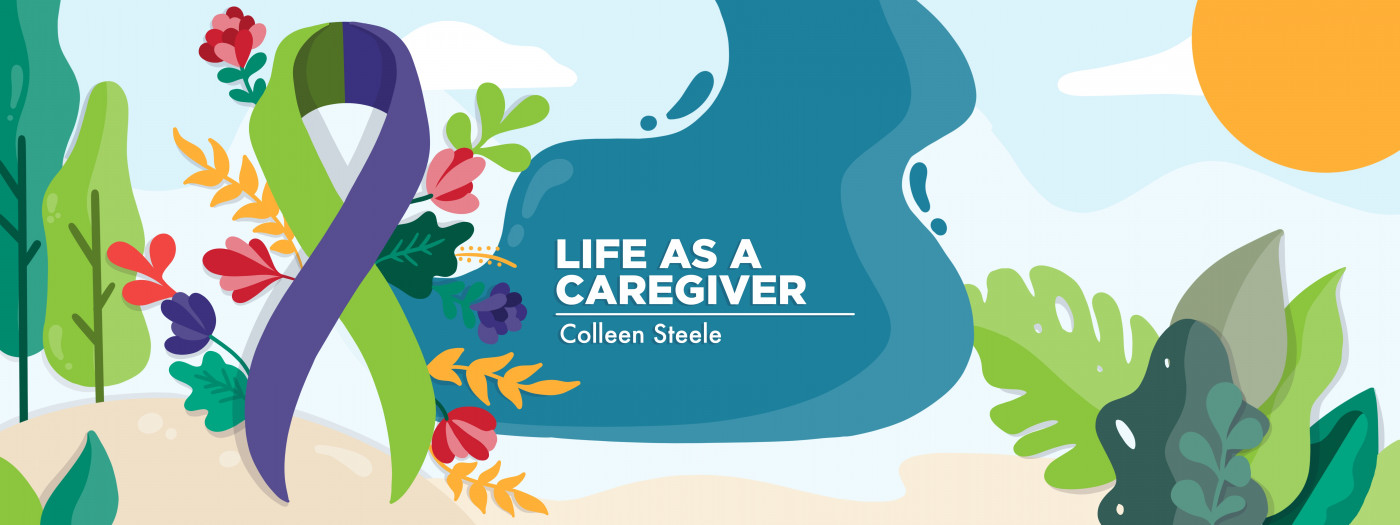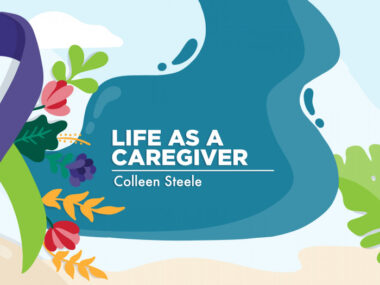My Son Would Like to See Everyone Get Over His PH
The challenges of finding a sense of normalcy in post-transplant life
Written by |

As babies, our first steps were probably acknowledged with exaggerated praise. Since then, however, not every step forward has been applauded. Wouldn’t it feel awkward if they were?
My son Cullen received a heart and double-lung transplant in 2014 after pulmonary hypertension (PH) caused a critical decline in his health. Over the past eight years, he has reached many milestones and continues to take impressive steps toward achieving his greater goals.
Although he appreciates applause and congratulations for significant life events such as graduations, he would prefer that not every new experience be met with a sense of awe, as if he had just stepped onto the moon. He points to a recent solo trip to Louisiana to visit his brother, Aidan. Cullen was fine with family and friends feeling excited for him, but not if it was in a “baby’s first steps” kind of way: “Come on, you can do it! You can do it! You did it!”
Cullen is catching up to his peers and doing things he never thought he’d live to experience, but he wishes to enjoy doing them with a sense of normalcy.
In December, he boarded a plane on his own, as many other people in their early 20s do. A big part of growing up and being independent is the ability to do things for yourself with no one noticing and making a big deal out of it.
Aidan has been Cullen’s strongest advocate for seeing and treating him as an adult and not a medically frail little boy. It’s one of the reasons he invited Cullen out for a visit. “He’ll be fine,” Aidan assured me when I expressed concern about Cullen flying alone.
Dealing with the ‘sick kid’ stigma
Cullen believes he is on the receiving end of other people’s post-traumatic stress. He acknowledges that he was far from alone in dealing with PH when he had it. Family, friends, and community surrounded him with love, concern, and support. Many took his successes and setbacks to heart, which was appreciated but sometimes hard on him, too.
Cullen was 6 when his health began to decline. Two years later, he was diagnosed with PH and spent the remaining years until his transplant tethered to and restricted by this rare disease.
He was just a child, but he was wise and self-aware. Cullen understood the importance of not overexerting himself and wished adults would give him the benefit of the doubt. He remembers missing out on many things he could have participated in to some degree.
As a co-moderator of the PH News Forums, I often hear the frustrations of adult PH patients wishing friends and family would be more understanding of their physical limitations. As a pediatric PH patient, Cullen experienced the other side of the fence, which wasn’t much greener. He wished people would allow him to do more. He felt a “sick kid” stigma following him everywhere.
Cullen no longer has PH since receiving a transplant, but he notices the stigma of the disease lingering in the shadows. He appreciates that many who stuck by him throughout his PH days are still championing for him today, but their support needs to catch up with his age and current health status.
Every day since the transplant, Cullen has many things he needs to do, and avoid doing, to keep his donor’s heart and lungs healthy, and he wants everyone to trust he can handle it. He empathizes with people who find it hard to forget all he went through as a sick child, but it’s time to start seeing him as a mostly healthy adult!
When people see Cullen, he doesn’t mind a hug or a handshake or being told he looks great, but when he tells them what he has been up to, he would prefer for people to respond with a sincere “Good for you,” instead of a surprised “That’s amazing!”
Cullen hopes people understand how much he appreciates genuine interest in his life, he just wishes they could start to relax around him. It’s time to enjoy his “normal” life as much as he is.
My husband, Brian, and I are very supportive of Cullen continuing to “adult” and work toward his goals, but as former PH parents, I admit it’s hard not to rejoice over every step he takes. I even wrote a column about his trip to Louisiana.
“A wise woman once said to me that there are only two lasting bequests we can hope to give our children. One of these she said is roots, the other, wings.” — Hodding Carter
Note: Pulmonary Hypertension News is strictly a news and information website about the disease. It does not provide medical advice, diagnosis, or treatment. This content is not intended to be a substitute for professional medical advice, diagnosis, or treatment. Always seek the advice of your physician or other qualified health provider with any questions you may have regarding a medical condition. Never disregard professional medical advice or delay in seeking it because of something you have read on this website. The opinions expressed in this column are not those of Pulmonary Hypertension News or its parent company, Bionews, and are intended to spark discussion about issues pertaining to pulmonary hypertension.





Leave a comment
Fill in the required fields to post. Your email address will not be published.